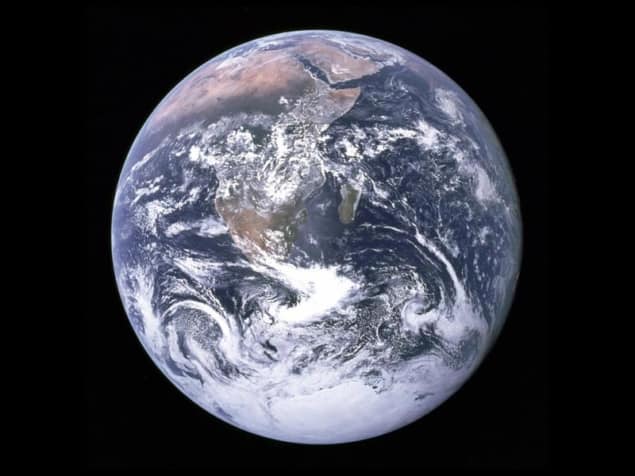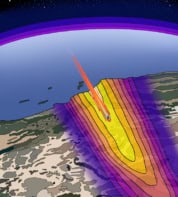
The American Physical Society (APS) has issued a strongly worded statement in response to a published resignation letter from a prominent member of the society. The letter, written by Harold Lewis, emeritus professor of physics at the University of California, Santa Barbara accused the society of benefiting financially from climate-change funding. Addressed to the APS president, Curtis Callan, the letter calls global warming a “scam” and says that “the (literally) trillions of dollars driving it…has carried APS before it like a rogue wave”.
Lewis, 87, who has been an APS member for 67 years, has had a distinguished career that includes serving on the US defence science board, the advisory committee on reactor safeguards and the nuclear safety oversight committee. Lewis writes that climate change is “the greatest and most successful pseudoscientific fraud I have seen in my long life as a physicist,” and that the APS has “accepted the corruption as the norm, and gone along with it.” He adds that Princeton University physics department, of which Callan is chair, “would lose millions a year if the global warming bubble burst.”
Callan strongly denies that charge. “Do any members of the Princeton physics department perform research on subjects even remotely related to climate science? No,” Callen told physicsworld.com. “Would a hypothetical physicist engaged in such work be likely to shade the results of his or her work to hew to some “party line” demanded by a funding agency? That would be contrary to the ethical code subscribed to by all scientists I know.”
Lewis is also one of the 160 physicists who last year failed to persuade the society to modify its “appallingly tendentious” formal statement on climate change, which it had released in November 2007, to reflect their own doubts about the human contribution to global warming. “Everything that has been done in the last year has been designed to silence debate.” Lewis writes in his letter to Callan. “APS management has gamed the problem from the beginning, to suppress serious conversation about the merits of the climate change claims.” In resigning, Lewis says the APS “no longer represents me”.
Strong response
In response to Lewis’s letter, the APS took the unusual step of issuing a public statement on Tuesday. The society says there is “no truth to Dr Lewis’s assertion that APS policy statements are driven by financial gain,” adding that the “specific charge that APS as an organization is benefiting financially from climate-change funding is equally false”.
“The APS adheres to rigorous ethical standards in developing its statements,” the statement says. “Neither the operating officers nor the elected leaders of the society have a monetary stake in [climate-change] funding.” The statement adds that, because relatively few APS members conduct climate-change research, the vast majority of the society’s members “derive no personal benefit from such research support”. APS press secretary Tawanda Johnson told physicsworld.com that the society released the statement to defend its reputation in the face of the accusations.
Gavin Schmidt, a climate physicist at NASA’s Goddard Institute for Space Studies, denies Lewis’s claim that research in climate change is congruent with financial gain. “People don’t get paid to get results,” he says. “Funding pays for postdocs, graduate students and equipment.” Schmidt adds the issue raised by Lewis is “a manufactured story” to make people believe there is some discontent in the profession.
Lewis does, however, have some support among physicists. “[Lewis] is on target with the big picture,” says Princeton physicist Will Happer, a leader of last year’s effort to change the APS statement on climate change.
The APS says in response to the “widespread interest expressed by its members” that it will now organize a “topical group” to encourage exchange of information on the physics of climate.



